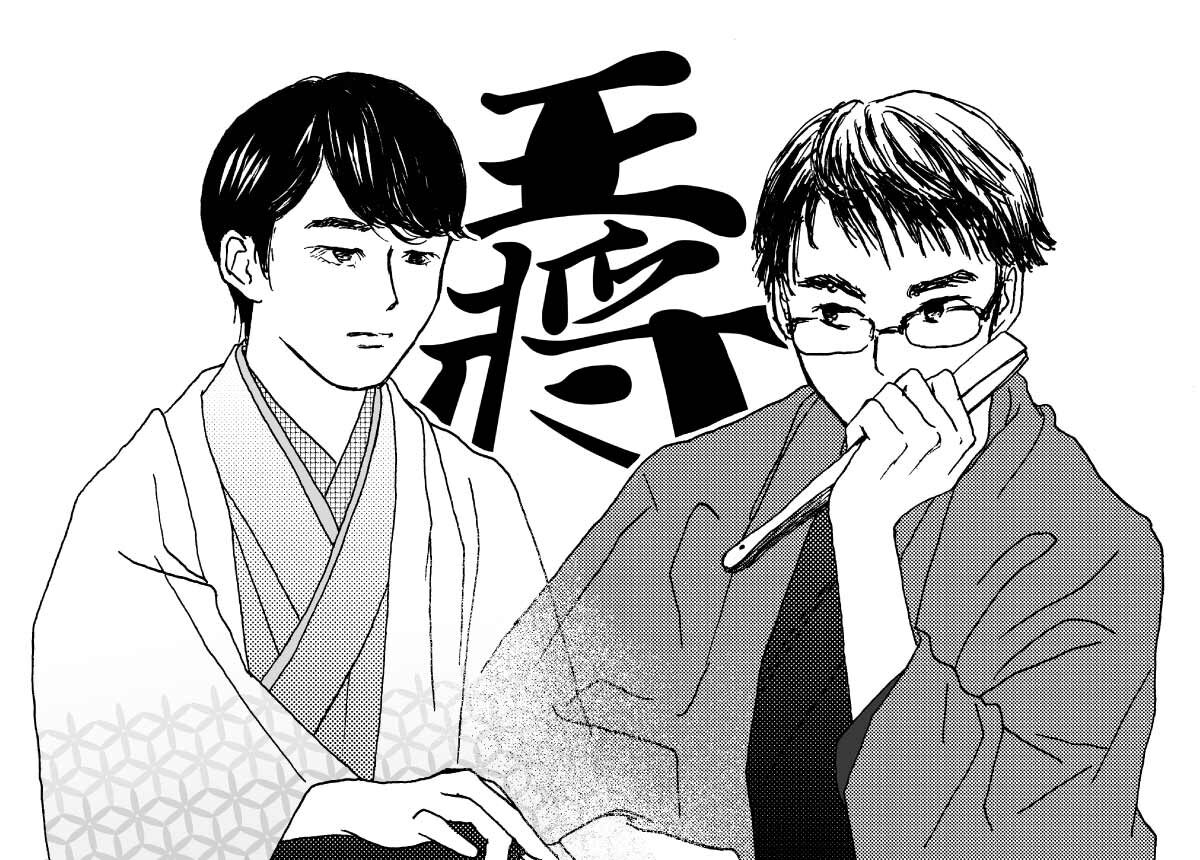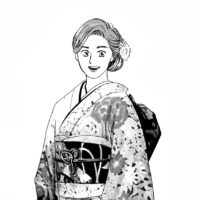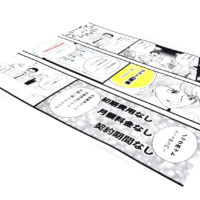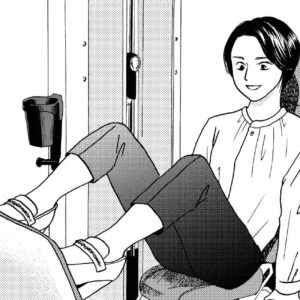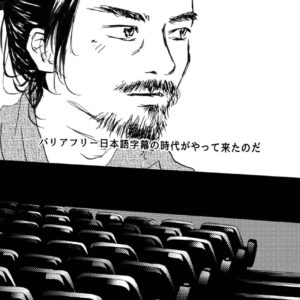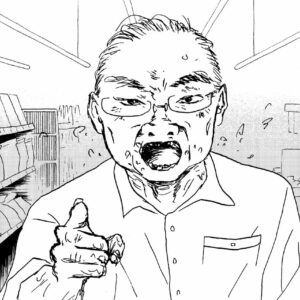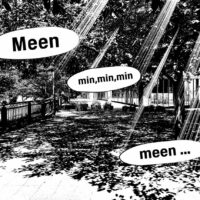The famous Japanese professional shogi players are in the midst of a seven-game championship. Their names are Yoshiharu Habu and Sota Fujii.
At the age of 52, Yoshiharu Habu is a legend in the shogi community. Shogi has seven title championships every year: Ryuo, Meijin, Oza, Kio, Osho, and Kisei. Habu debuted as a professional at the age of 15, won his first Ryuo championship at the age of 19, and at the age of 25, simultaneously won the seven major titles. A player who has won more than the predetermined number of titles in a row or in total is given the higher title of “Lifetime (Eisei),” and Habu won all seven of his lifetime titles in seven major titles. That was in 2017. He became the shogi professional with the most victories of all time with 1,434 wins in 2019.
In recent years, however, he had experienced a slump. The reason was the research using AI conducted by young professionals. In modern shogi, everyone studies and trains with AI and assumes many play tactics. Unknown situations where a senior’s experience can be used are less likely to appear, and they are left behind as AI shows young players new moves.
He said:
At the age of 50, I no longer understood the meaning of playing shogi or what my role was if AI could derive the best move. I could not handle modern shogi yet and grasp the new tactics that have been strongly influenced by AI.
When everyone believed that he would never again rise, his rapid ascent began again last year. A professional who knows Habu well said, “He is definitely close to getting something, understanding AI’s ideas and how it thinks, and showing his determination to search for the truth to aggressively challenge AI.”
On the other hand, Sota Fujii is a 20-year-old professional. In 2016, he became the youngest player ever to enter the professional ranks at the age of 14 and went on to establish the record for the most consecutive official wins with 29 wins without losing a game. His success led to an unprecedented shogi boom. Of the seven titles mentioned earlier, he currently holds five. He has been doing research with shogi software since 2016, and he has been using the “dlshogi” deep learning shogi AI software since 2020. In December 2022, AMD Japan declared that it had given him a computer with its most recent CPU, AMD Ryzen Threadripper PRO. He appeared in AMD’s brand advertisements.
Now, the former star is coming back and challenging the young person raised by AI. Fujii, 20, is the champion, and Hanyu, 52, is the challenger. The winner of four wins in the seven-game will get the title of “Osho”. Four matches have been played, and so far the game is a 2-2 tie. The next games will be played on February 25 and 26.
Incidentally, this game is sponsored by a newspaper, and the winner of each match will be commemorated in the paper with a photo during a maximum of seven games. It is a “winner’s photo shoot,” but it is called a “winner’s penalty photo” because it forces the participants to be photographed in strange poses and outfits. Seeing this is part of the fun.
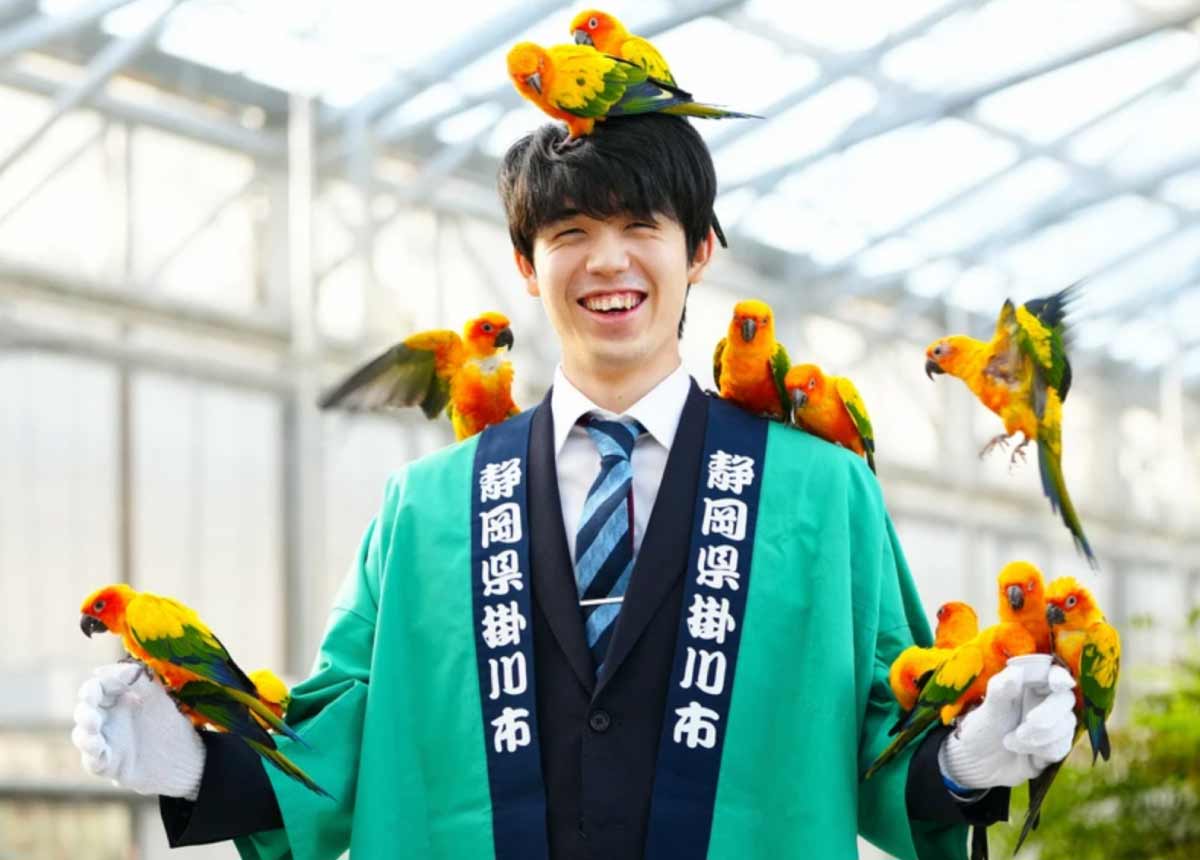 Quote Source https://mainichi.jp/articles/20230110/k00/00m/040/221000cThe parakeets at the bird garden congratulated Fujii after he won the first game of the seven-game series.
Quote Source https://mainichi.jp/articles/20230110/k00/00m/040/221000cThe parakeets at the bird garden congratulated Fujii after he won the first game of the seven-game series.
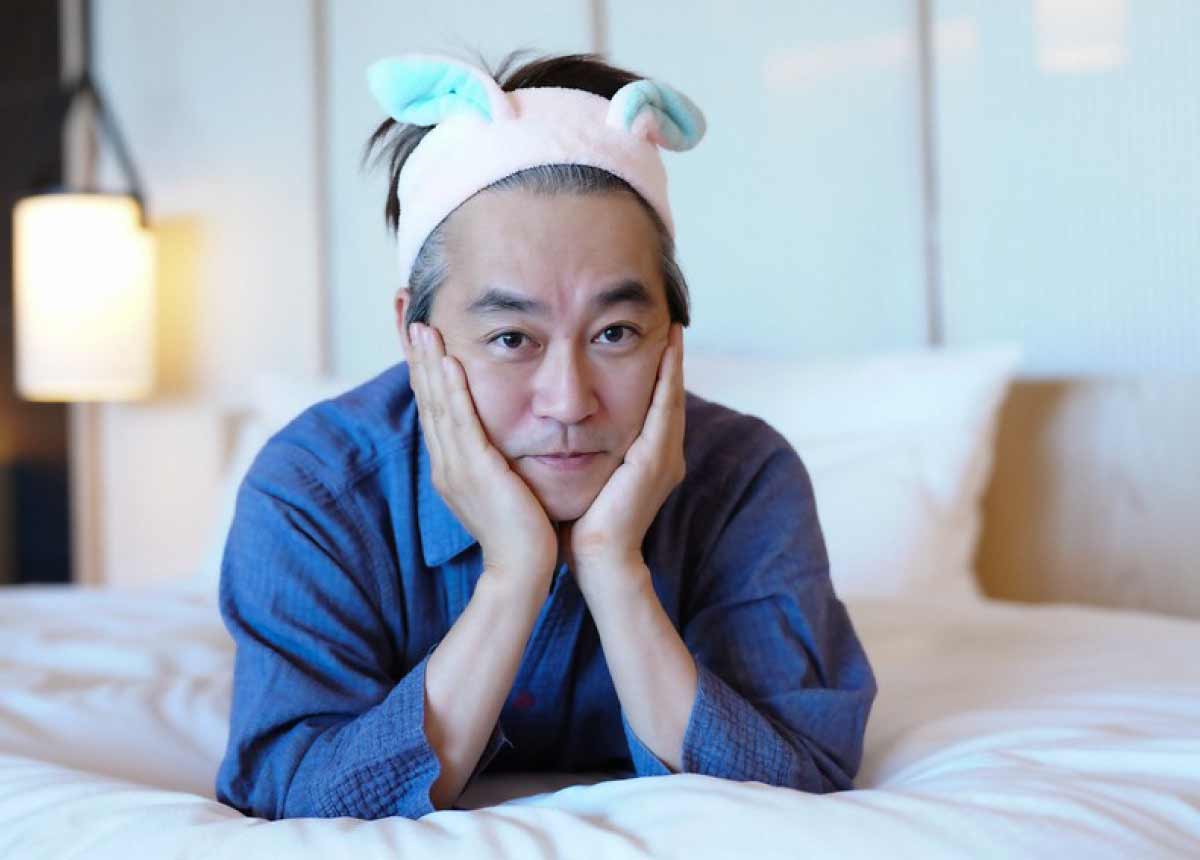 Quote Source https://mainichi.jp/articles/20230211/k00/00m/040/209000cAfter winning the fourth game of a seven-game series, Habu posed for a relaxed photo wearing a hair band with rabbit ears. “Is there a demand for a photo like this at my age?” he said frankly, laughing innocently.
Quote Source https://mainichi.jp/articles/20230211/k00/00m/040/209000cAfter winning the fourth game of a seven-game series, Habu posed for a relaxed photo wearing a hair band with rabbit ears. “Is there a demand for a photo like this at my age?” he said frankly, laughing innocently.



